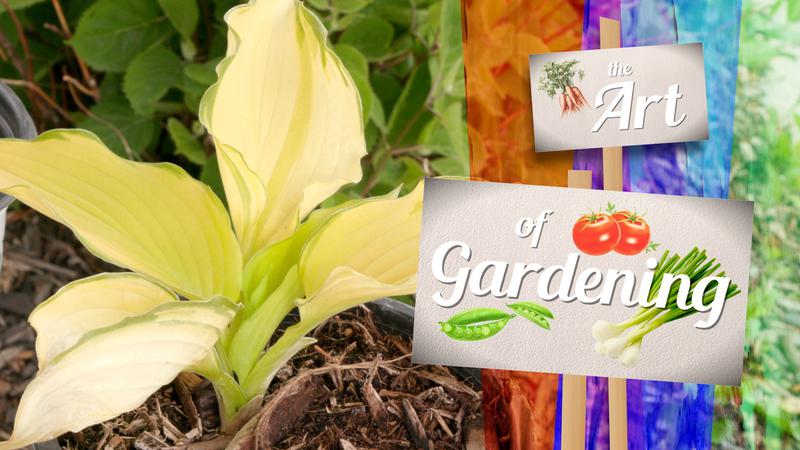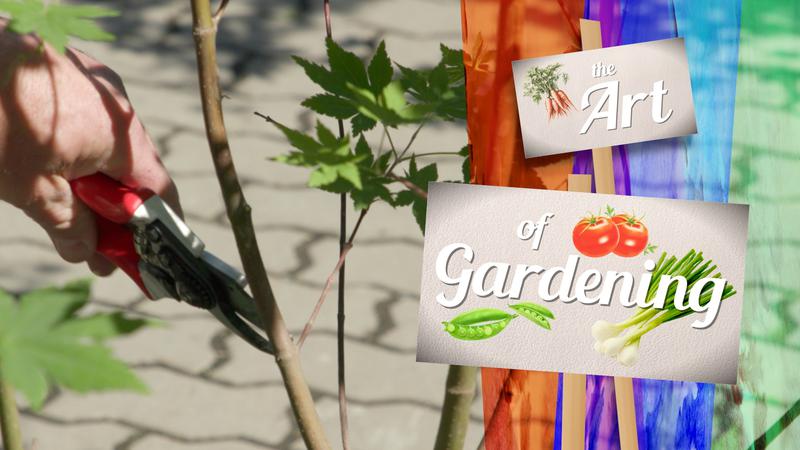
Managing mental health during grey winter months — and the COVID-19 pandemic
KAMLOOPS — It was a slow spring for Corrinna Douglas’ counselling schedule but, by the time fall arrived, therapy bookings began to fill up.
“I’d say September-to-October, there was a huge increase in people reaching out for support,” she tells CFJC Today. “I think now we are definitely seeing a lot more people opening up and reaching out — which is beautiful because we all have mental wellness and at times we struggle with it.”
While many people have been able to spend more time with family or re-organize their priorities, Douglas says others have found the lack of in-person contact extremely difficult.


